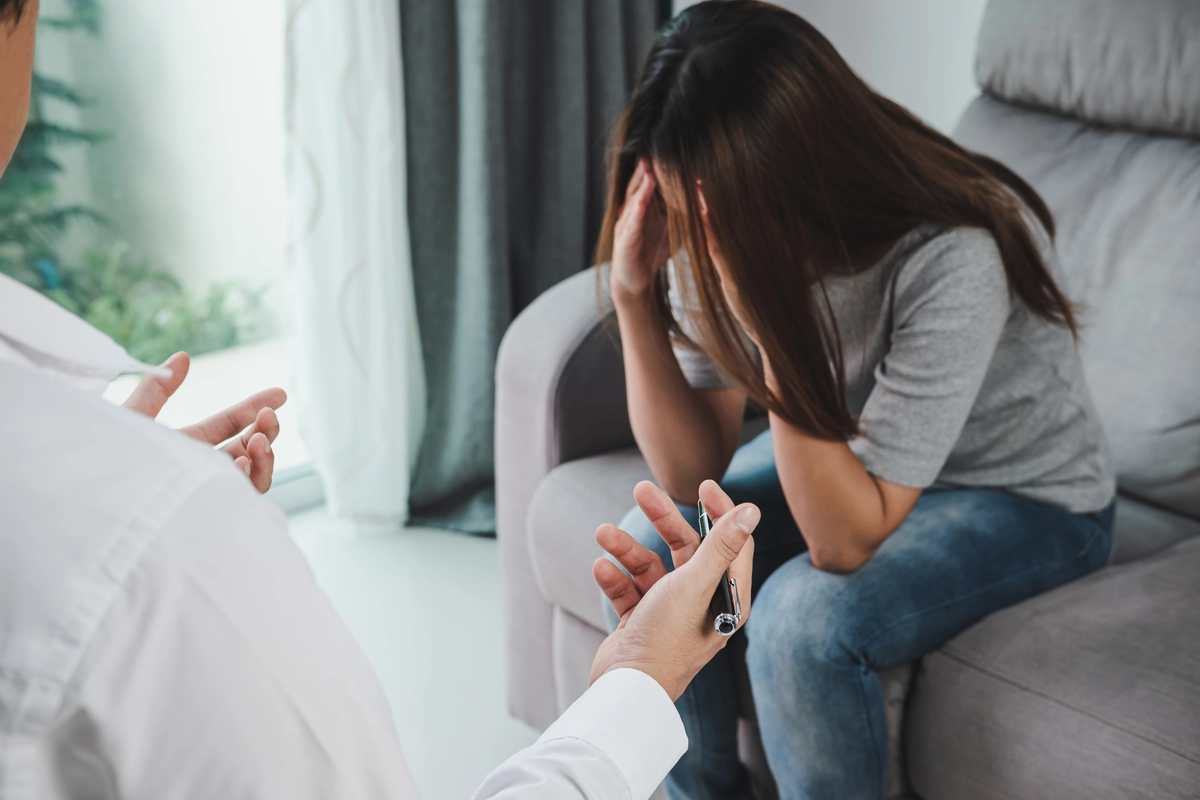24/7 Helpline:
(866) 899-221924/7 Helpline:
(866) 899-2219
Learn more about Aftercare Support centers in Poland
Aftercare Support in Other Cities

Other Insurance Options

Anthem

Meritain

Multiplan

Carleon

Health Net

Providence

Sliding scale payment assistance

Optum

Self-pay options

Private insurance

CareSource

Medical Mutual of Ohio

Oxford

Sutter

UnitedHealth Group

Covered California

ComPsych

WellPoint

Magellan Health

State Farm





























































